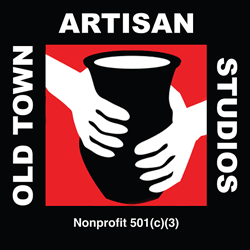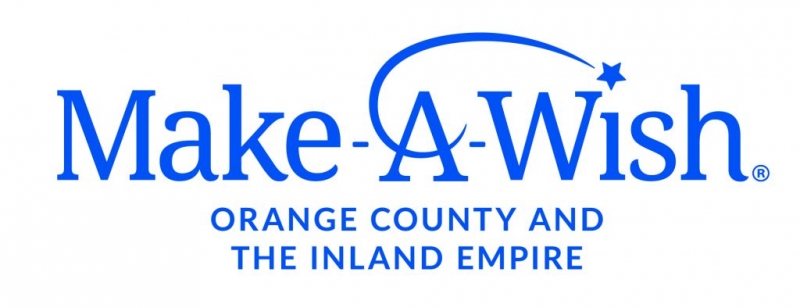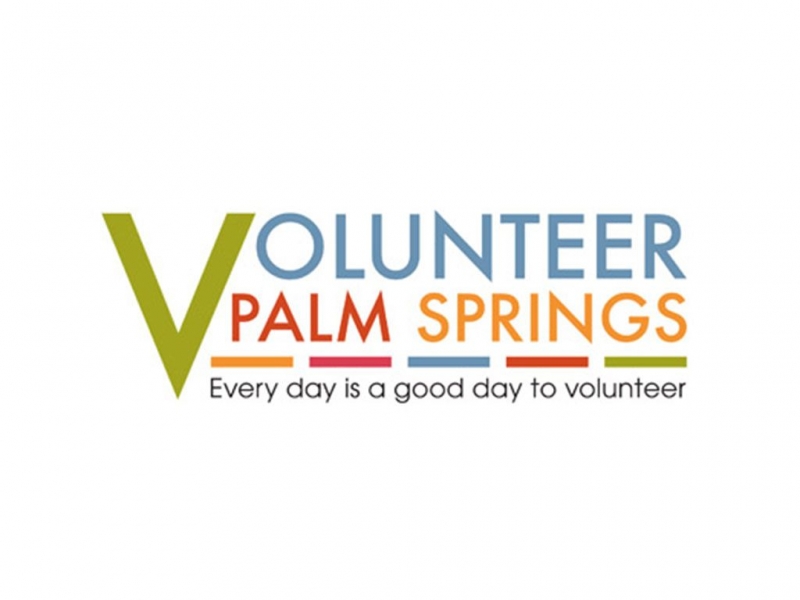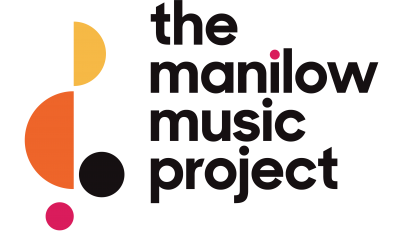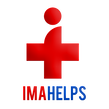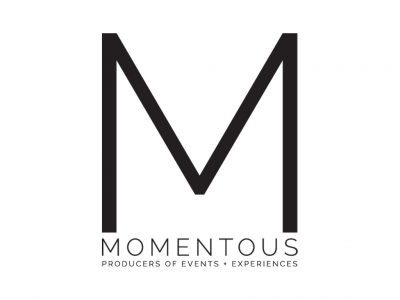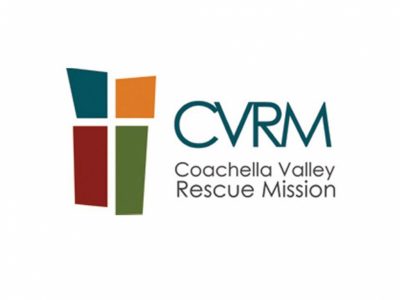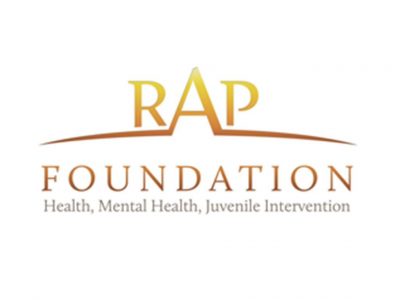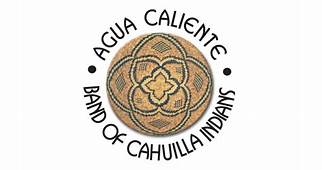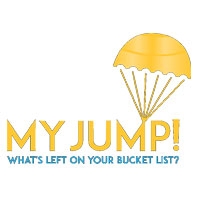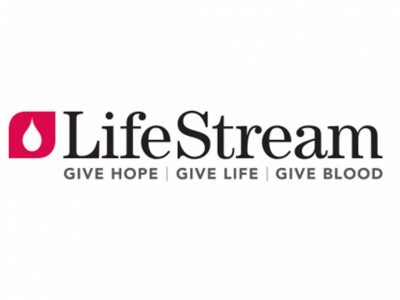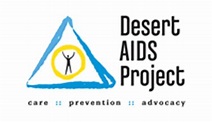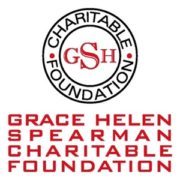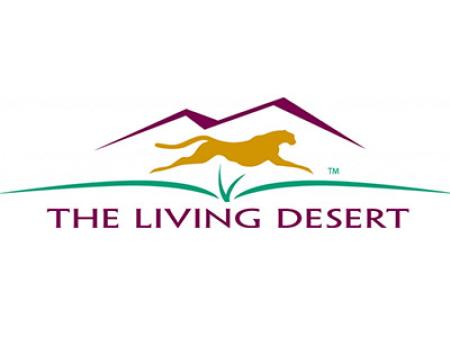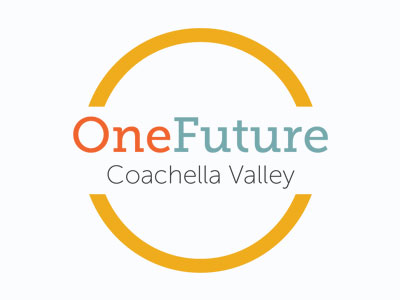Here at the Betty Ford Center, we have one goal in mind—to provide you with individualized, compassionate, holistic and expert substance abuse treatment. This was the healing mission of First Lady and outspoken addiction recovery advocate, Betty Ford, who co-founded the rehab center near Palm Springs in 1982.
In 2014, the Betty Ford Center and Hazelden merged, forming the nation’s leading non-profit drug addiction treatment center, the Hazelden Betty Ford Foundation. Our national system of behavioral health care includes addiction treatment programs, mental health care, recovery support resources and related prevention and education services.
Rehab programs and treatment options available at the Betty Ford Center campus involve varying levels and frequencies of care, including:
- Bio-psycho-social assessments
- Diagnosis
- Medical detox
- Ongoing medical care
- Inpatient (residential treatment) and outpatient substance abuse treatment
- Integrated mental health services
- Nearby sober living homes
- Animal-assisted programming
- Education and support for families and children
- Post-rehab continuing care treatment groups
Inpatient Drug and Alcohol Rehab
Often referred to as residential treatment, inpatient drug rehab at the Betty Ford Center is gender-informed and tailored to meet your needs. As a patient, your treatment plan is developed by a team of clinicians who take into consideration your:
- Physical health
- Mental health
- Gender identity
- Family history
- Substances used (types of drugs)
- Potential for relapse
- Medical necessity
How long is drug addiction rehab?
Your inpatient drug and alcohol rehab stay will vary based on program-specific milestones. Typically, you will start with medical stabilization and detox, followed by an individualized, step-by-step approach to care where you advance through addiction treatment programming at your own pace.
Core treatment components of our inpatient rehab program include:
- Assessments and evaluation
- Group therapy
- Educational lectures
- Integrated mental health services for co-occurring disorders (dual diagnosis)
- Special-focus groups for those identifying as LGBTQIA+
- Twelve Step Facilitation therapy
- Wellness activities
- Spiritual care services
- Individual therapy
- Animal-assisted programming with Malcolm and Moe, Australian Labradoodles
Patients who have more complex substance abuse issues and/or mental health disorders may require more time in treatment to address:
- Co-occurring mental health complications
- Relapse prevention
- Sober living skills
- Special challenges and concerns


